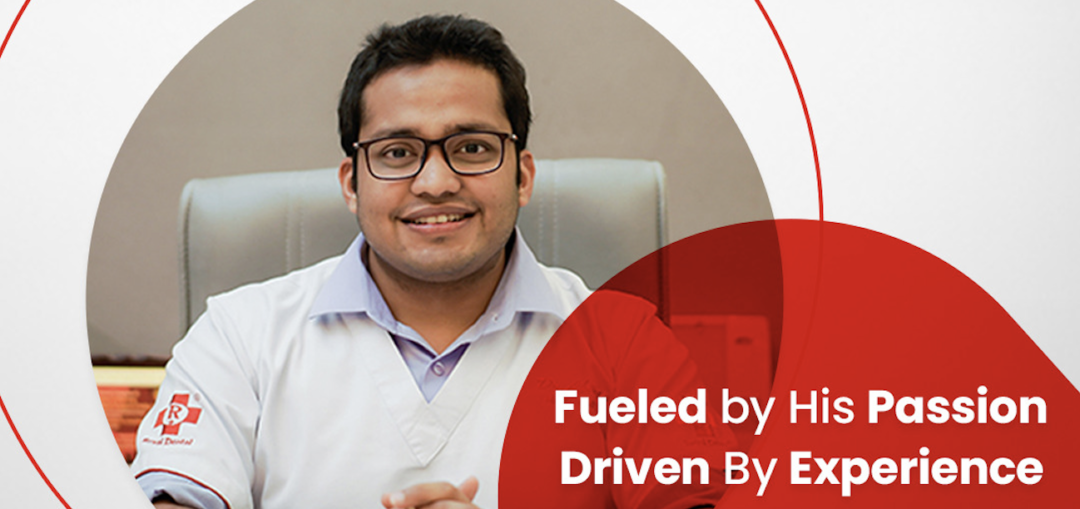Going to the dentist can be a nerve-wracking experience, even for the bravest of souls. The thought of someone poking and prodding around in your mouth while you lie helplessly in the chair can be daunting. However, dental checkups are crucial to maintaining good oral health, so avoiding them is not an option. Good news is that dental anxiety has several solutions with oral health to make you feel confident and at ease during dental consultation. In this article, we will explore some tips and tricks to help you prepare for your appointment, from breathing exercises to positive self-talk. Whether you’re afraid of the dentist or simply want to feel more confident during your next consultation, this guide will give you the tools you need to smile wide and conquer your fears.
Understanding Dental Anxiety and effect on Oral Health
Dental anxiety is a common fear that affects many people. It can cause people to avoid going to the dentist, which can lead to serious oral health issues. Dental anxiety can manifest in many ways, from a fear of pain to a fear of needles or the sounds of dental equipment. Whatever the cause, dental anxiety can be a real obstacle to getting the care you need.
One of the biggest risks of dental anxiety is that it can lead to poor oral health. When people avoid going to the dentist, they miss out on important preventative care measures such as regular cleanings and exams. This can lead to more serious issues such as cavities, gum disease, and tooth loss.
If you suffer from dental anxiety, it’s important to understand that you’re not alone. Many people feel anxious or fearful about going to the dentist. The good news is that there are many strategies you can use to overcome your fears and get the care you need.
Common Fears about Dental Consultations
Fear of pain: Many people fear that dental consultations will be painful. However, modern dentistry techniques are much less painful than they used to be. Dentists can use local anesthesia to numb the area before performing any procedure, and many procedures are minimally invasive.
Fear of needles: Some people are afraid of needles and fear that they will have to receive injections during a dental consultation. However, injections are often necessary to numb the area and make the procedure painless. Dentists can use topical numbing agents to help reduce the discomfort of injections.
Embarrassment: Many people are embarrassed about the state of their teeth and fear being judged by the dentist. However, dentists are professionals who have seen a wide range of dental issues. They are there to help you and will not judge you for the condition of your teeth.
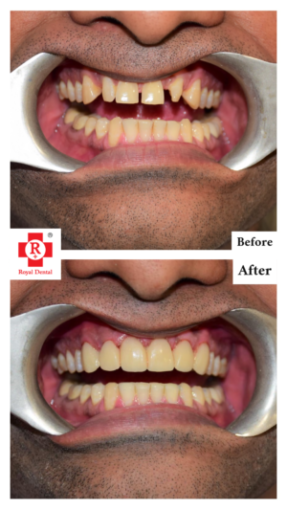

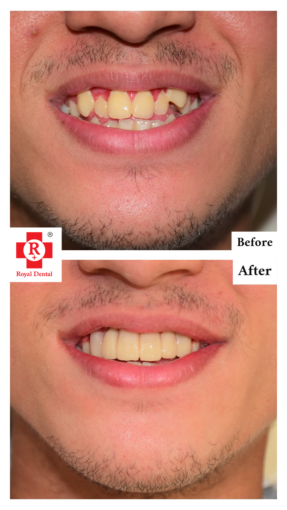
Cost: Some people fear that dental consultations will be too expensive, especially if they need multiple procedures. However, many dental clinics offer financing options and payment plans to make dental care more affordable.
Fear of the unknown: Many people fear the unknown and do not know what to expect during a dental consultation. However, dentists are trained to explain procedures and answer any questions you may have. If you are feeling anxious, you can always ask your dentist to explain the procedure in detail before it begins.
Fear of dental equipment: Some people fear the sound and sight of dental equipment, such as drills and suction devices. However, many dental clinics now offer noise-cancelling headphones and other comfort measures to help ease anxiety during procedures.
Misconceptions about oral health: Some people believe that they do not need to see a dentist unless they are experiencing pain or other symptoms. However, regular dental checkups are important for maintaining good oral health and catching problems before they become serious.
How to Prepare for Your Dental Consultation
Make a list of your dental concerns: Before your appointment, make a list of any dental concerns or issues you would like to discuss with your dentist. This will help you remember everything you wanted to ask and ensure that all of your questions are addressed.
Bring any relevant dental records: If you have any previous dental records, such as X-rays or medical history, bring them to your appointment. This can help your dentist better understand your dental history and develop an appropriate treatment plan.
Brush and floss before your appointment: Make sure to brush and floss your teeth before your appointment. This will help ensure that your teeth are clean and your dentist can accurately assess your oral health.
Arrive early: Arrive at your appointment a few minutes early to allow time for paperwork or to update your medical history if needed.
Bring a list of medications: If you are taking any medications, bring a list of them with you to your appointment. This will help your dentist better understand your overall health and avoid any potential drug interactions.
Be honest about your oral hygiene habits: It is important to be honest with your dentist about your oral hygiene habits, including how often you brush and floss. This will help your dentist better understand your oral health and provide appropriate advice.
Discuss any anxiety or fears: If you have any anxiety or fears about dental appointments, let your dentist know. They can provide strategies to help you feel more comfortable during your appointment.
Breathing and Relaxation to Calm Nerves during Dental Consultation
Deep Breathing: Deep breathing is a simple technique that can help calm your nerves. Sit or lie down in a quiet, comfortable place, and inhale deeply through your nose for a count of four. Hold the breath for a count of four, and then exhale slowly through your mouth for a count of six. Repeat this cycle several times.
Progressive Muscle Relaxation: This technique involves tensing and then releasing each muscle group in your body, one at a time. Start at your toes and work your way up to your head. Tense each muscle group for a few seconds, and then release the tension. This can help reduce muscle tension and promote relaxation.
Guided Imagery: Guided imagery involves visualizing a peaceful and calming scene. Close your eyes and imagine yourself in a place where you feel safe and relaxed. This could be a beach, a forest, or any other place that makes you feel calm and peaceful.
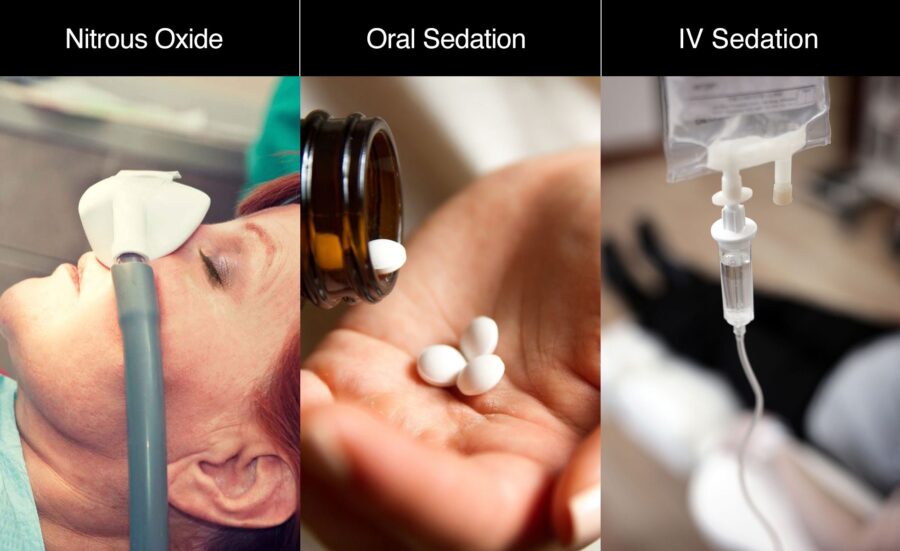

Mindfulness Meditation: Mindfulness meditation involves focusing your attention on your breath and being present in the moment. Sit or lie down in a quiet place, and focus your attention on your breath. If your mind starts to wander, gently bring your attention back to your breath.
Square Breathing: This technique involves breathing in for four counts, holding for four counts, exhaling for four counts, and then holding for four counts before starting again. Repeat this cycle several times.
Yoga: Yoga is a form of exercise that involves deep breathing, stretching, and relaxation. Practicing yoga regularly can help reduce stress and promote relaxation.
Self-Talk and Visualization for Boosting Confidence
Affirmations: Affirmations are positive statements that you repeat to yourself. They can help you focus on your strengths and capabilities. Choose affirmations that resonate with you, such as “I am confident and capable,” “I am worthy of success,” or “I am strong and resilient.” Repeat these affirmations to yourself regularly.
Visualization: Visualization involves imagining yourself succeeding and achieving your goals. Close your eyes and visualize yourself confidently and successfully completing a task or achieving a goal. This can help boost your confidence and motivation.
Focus on strengths: Focus on your strengths and what you are good at. Make a list of your strengths and achievements and remind yourself of them regularly. This can help boost your self-esteem and confidence.
Avoid negative self-talk: Avoid negative self-talk and replace it with positive self-talk. Instead of saying “I can’t do this,” say “I can do this with practice and effort.” Reframe negative thoughts in a positive way.
Use positive language: Use positive language when talking to yourself and others. Avoid negative words like “can’t” and “shouldn’t” and replace them with positive words like “can” and “will.”
Practice self-care: Taking care of yourself physically and emotionally can help boost confidence. Get enough sleep, eat a healthy diet, exercise regularly, and engage in activities that bring you joy.
Communicating with Your Dentist: Questions to Ask and Concerns to Address
As a dental professional, your dentist is committed to providing the best possible care for your oral health. However, in order to do so, it is important that you communicate openly and honestly with your dentist about any concerns or questions you may have. Here are some key topics to address during your next dental visit:
Oral hygiene: Ask your dentist for tips on improving your oral hygiene routine. This may include recommendations for toothbrushes, toothpaste, mouthwash, and flossing techniques.
Diet: Discuss how your diet may be affecting your oral health. Your dentist can advise you on foods and beverages to avoid or consume in moderation, as well as recommend nutritional supplements that can benefit your teeth and gums.
Dental procedures: If you are scheduled for a dental procedure, make sure you understand what it entails and what you can expect. Ask your dentist about the risks and benefits of the procedure, and be sure to voice any concerns or questions you may have.
Pain and discomfort: If you are experiencing any pain or discomfort in your mouth, let your dentist know. They can help diagnose the issue and recommend treatment options to alleviate your symptoms.
Gum disease: Gum disease is a common condition that can lead to serious oral health problems if left untreated. Ask your dentist about the signs and symptoms of gum disease, as well as the best ways to prevent and treat it.
Cosmetic dentistry: If you are interested in improving the appearance of your smile, talk to your dentist about cosmetic dentistry options such as teeth whitening, veneers, or orthodontic treatment.
Dental anxiety: If you experience dental anxiety, let your dentist know. They can work with you to create a comfortable and relaxing environment, and may be able to recommend relaxation techniques or sedation options to help you feel more at ease.
Sedation Dentistry for those with Severe Dental Anxiety
For individuals with severe dental anxiety, sedation dentistry may be an option to help manage their fear and discomfort during dental procedures. Here are some common types of sedation dentistry:
Nitrous Oxide (Laughing Gas): This is a mild form of sedation that is inhaled through a mask over the nose. Nitrous oxide can help relax you during the procedure, but you remain conscious and able to communicate with the dentist.
Oral Sedation: This involves taking a pill or liquid medication that helps you relax. Oral sedation can range from mild to moderate sedation, depending on the dose. You may feel drowsy or even fall asleep, but you can still be awakened with a gentle shake.
IV Sedation: This involves medication administered directly into your bloodstream through an IV. IV sedation is typically used for more complex procedures or for individuals who require deeper sedation. You will be closely monitored throughout the procedure.
General Anesthesia: This is the deepest form of sedation, in which you are completely unconscious. General anesthesia is typically reserved for more complex surgical procedures and is administered by an anesthesiologist.
Maintaining Good Oral Health after Dental Consultations
Maintaining good oral health is important for preventing dental problems and keeping your teeth and gums healthy. Here are some tips for maintaining good oral health between dental consultations:

Brush twice a day: Brush your teeth at least twice a day for two minutes each time using a fluoride toothpaste. Make sure to brush all surfaces of your teeth, including the fronts, backs, and tops.
Use mouthwash: Rinse your mouth with an antimicrobial mouthwash to kill bacteria and freshen your breath.
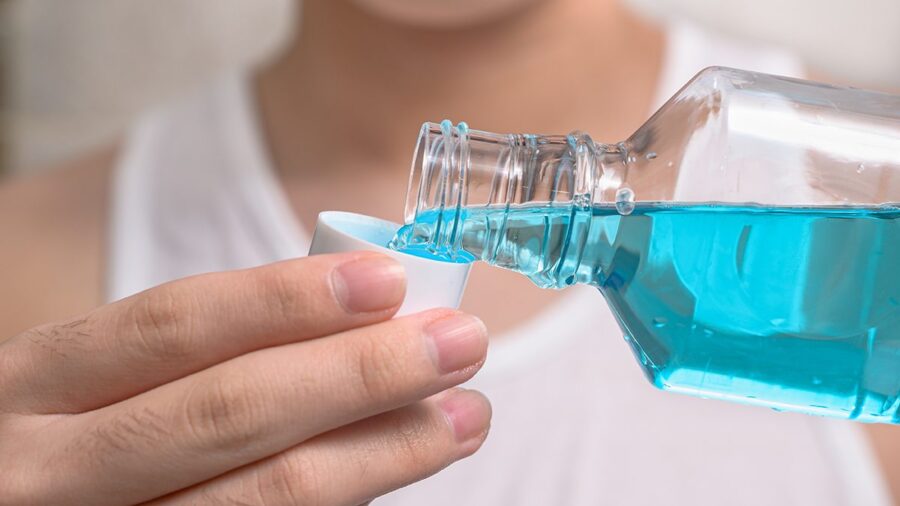

Eat a healthy diet: Limit sugary and acidic foods and drinks, and eat a well-balanced diet that includes plenty of fruits, vegetables, and lean proteins.
Floss daily: Floss at least once a day to remove food particles and plaque from between your teeth and along the gumline.
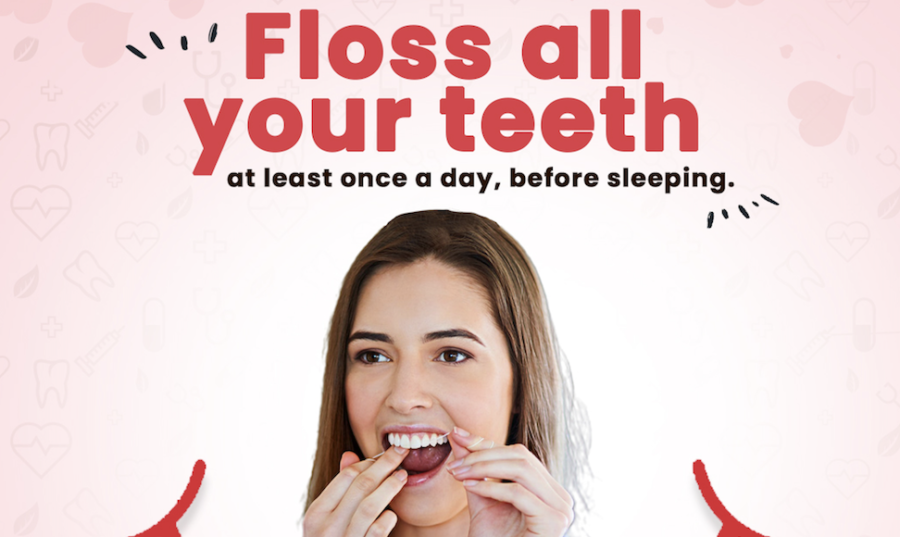

Avoid tobacco products: Smoking and using other tobacco products can cause a range of oral health problems, including tooth decay, gum disease, and oral cancer.
Wear a mouth guard: If you play sports or grind your teeth at night, wear a mouth guard to protect your teeth from damage.
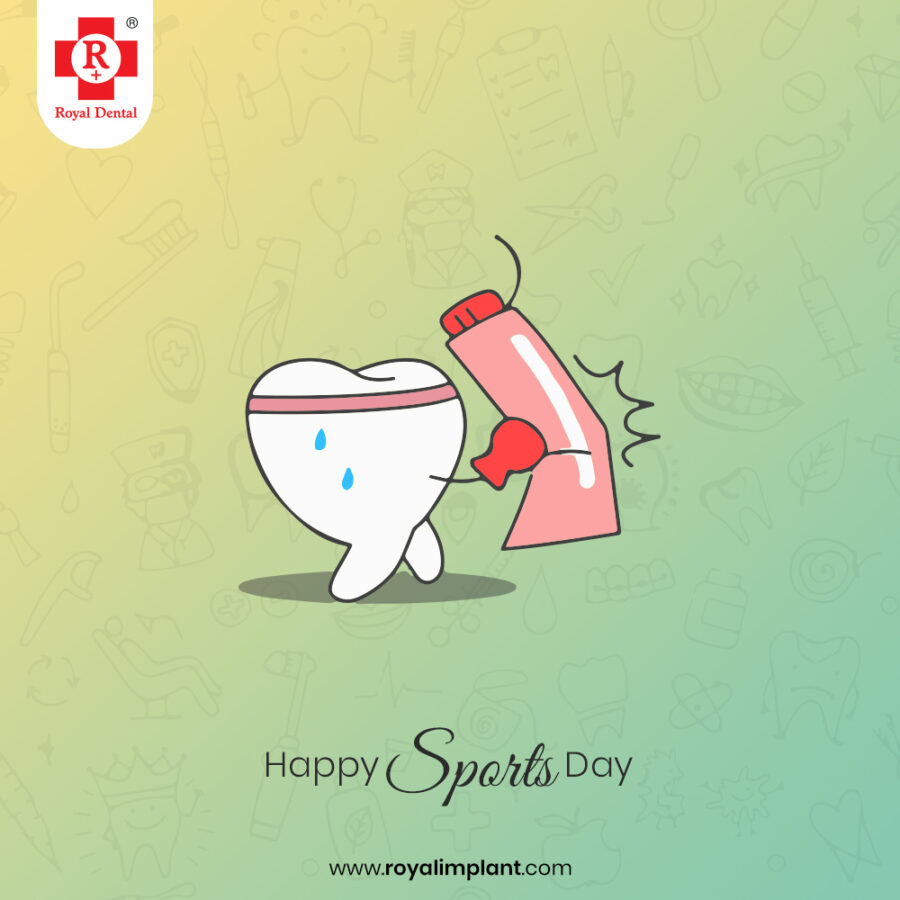

Schedule regular dental cleanings: Visit your dentist regularly for cleanings and checkups. Your dentist can help identify any potential problems early on and provide treatment before they become more serious.
Stay hydrated: Drink plenty of water throughout the day to help flush bacteria and food particles from your mouth.

Conclusion
Going to the dentist can be a scary prospect, but it doesn’t have to be. By using these tips and techniques, you can feel more confident and at ease during your dental consultation. Remember to prepare for your appointment, practice relaxation techniques, and communicate with your dentist. And if you suffer from severe dental anxiety, don’t be afraid to seek professional help. With the right techniques and support, you can overcome your fears and achieve a confident and healthy smile.

